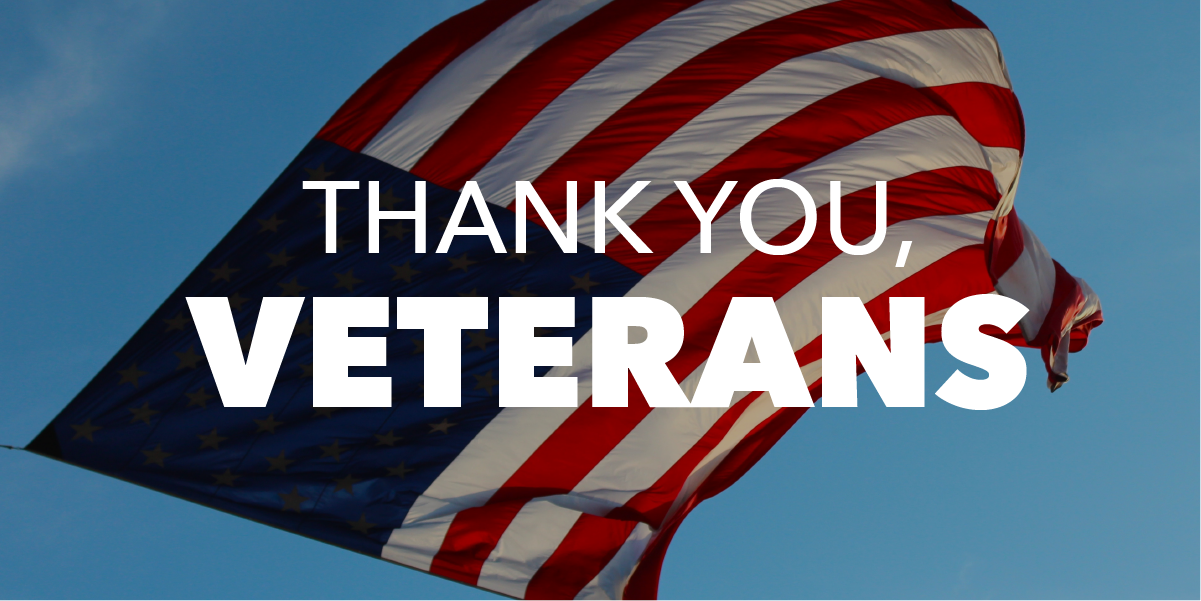AARP Eye Center

Scammers have come up with tactics that specifically target Veterans. AARP wants to make sure you and the loved ones in your life have the resources to protect yourselves from the following scams.
Targeting veterans can take many forms. The following list are some scammer favorites to look out for:
- The Update Your Military File Scam: A caller claims to be from the Department of Veterans Affairs and asks to “update” your information, but really is hoping to get personal information to steal your credit.
- Veterans Choice Program (VCP) Scam: Scammers set up a phone number nearly identical to the number veterans dial to find out if they are eligible to use approved health care providers outside of the VA system. A recorded message or a person answering the phone tells the caller of a rebate he can get by supplying credit card information. Make sure to dial the correct number for the VCP: 1-866-606-8198.
- Charity Scams: A caller claims to be raising money for disabled veterans or veterans with cancer. They play on sympathy to try to evoke an immediate response. But often, the so-called charity is not registered with the government and/or uses most of the money to raise more funds and pay their salaries.
- The Cash for Benefits Scheme: Predatory lenders target veterans in need of money by offering cash in exchange for future disability or pension payments. These buyouts are typically a fraction of the value of the benefit.
- Employment Scams: Con artists post bogus job offers to recruit veterans on various online job boards. The scammer may use or sell your personal information provided in the job application. It’s likely a scam if you have to pay to get the job, you need to supply credit card or banking information, or the ad is for “previously undisclosed” federal government jobs.
If you are a veteran, you are unfortunately an automatic target. Be mindful of this reality in your day to day transactions. The Veterans Administration will never call, email or text you to verify or update your information. Remember: if it's too good to be true, it usually is.
Check out this list of resources to keep yourself and your personal information safe:
- Check out charities at www.charitynavigator.org before giving any money. Make donations directly to the veterans’ organizations you know.
- Only work with VA-accredited representatives when dealing with VA benefits; you can search for them online at the VA Office of General Counsel website.
- Visit aarp.org/veterans to download your copy of the AARP Watchdog Alert Handbook: 9 Ways Con Artists Target Veterans.
When it comes to fraud, vigilance is our number one weapon. You have the power to protect yourself and your loved ones from scams. In order to have the most up to date information on how to protect yourself from fraud, subscribe to Fraud Watch News Network emails here.
###
The AARP Fraud Watch Network can help you protect yourself and your family from frauds and scams. Call our free helpline at 877-908-3360 to speak with volunteers trained in fraud counseling.























































